Invest in social enterprises, invest in communities
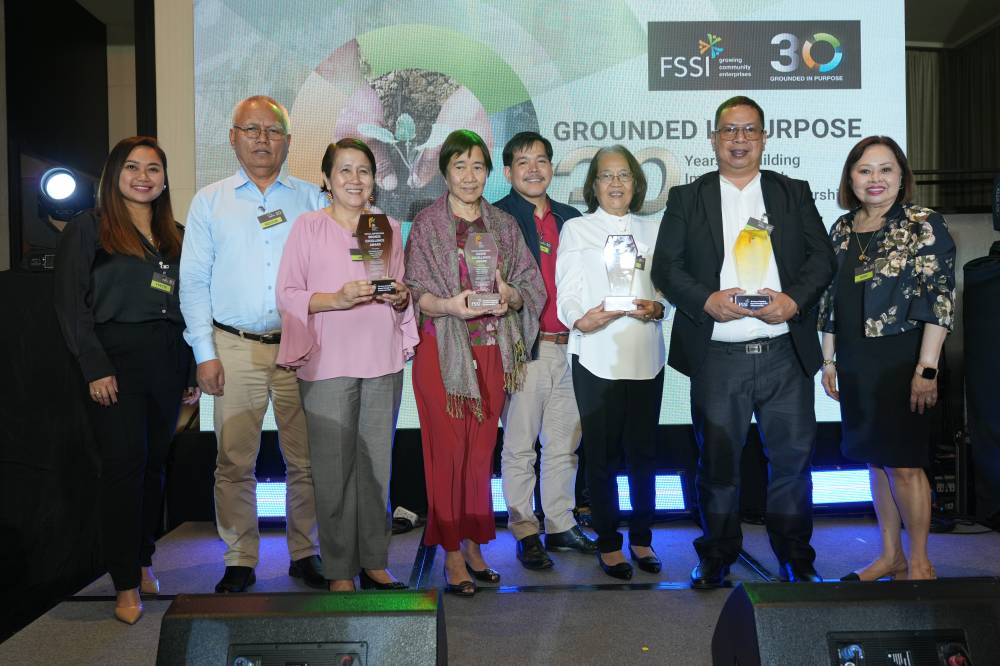
Support for social enterprises has yet to reach its full potential, particularly in financing.
But many social enterprises (SE) struggle not only because of limited funding but also due to persistent gaps in capacity.
Deeper economic challenges—poverty, underemployment, and the lack of opportunities in rural areas—continue to hold back inclusive growth. This is where FSSI steps in.
We bridge these gaps by pairing financial assistance with practical, long-term support.
Our loan program starts from ₱500,000, depending on an enterprise’s needs and readiness. But more than the amount, it is the consistent guidance that shapes lasting impact.
We assess each SE’s strengths and areas for improvement, provide direct feedback to help them grow, and implement training and other capacity-building activities.
We also connect them with organizations whose work complements theirs, creating new opportunities and building capacity to scale.
From our experience, the question is not only how much financing an SE needs, but also when and what kind of financing fits best.
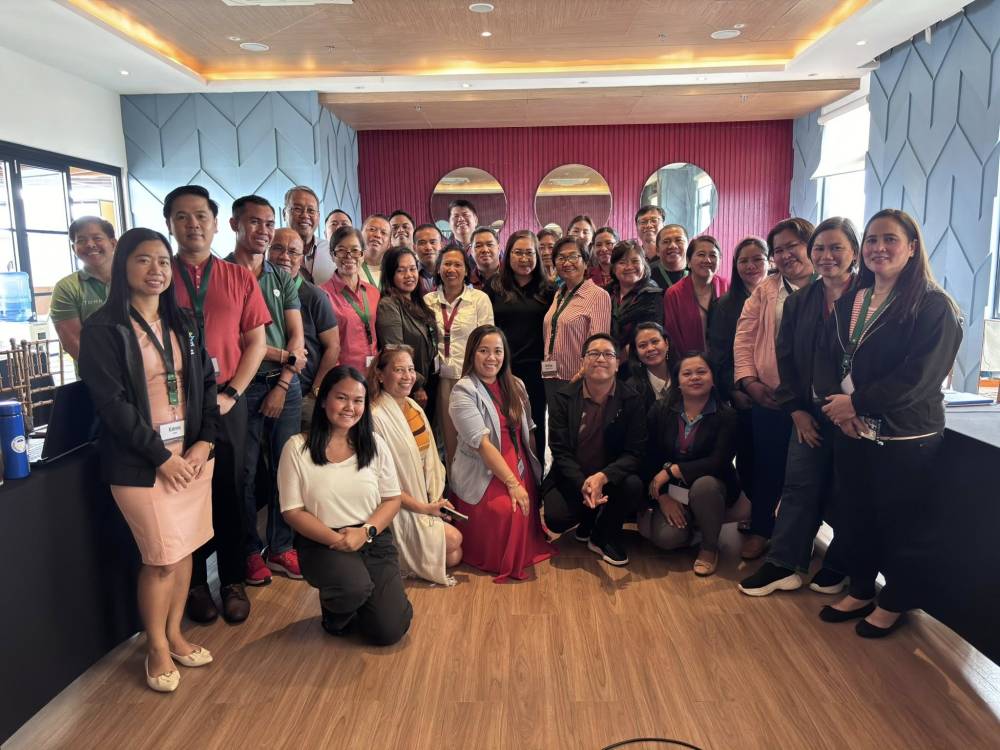
Pooled resources
Starting an SE is best done using pooled resources whether through co-op members or support from family and friends who believe enough in the business plan.
As the SE grows, seeking external funding makes the most sense at the early growth stage– when they have a strong track record, are expanding operations, and possess basic internal capacity with plans to strengthen it further.
At that point, choosing between loans and equity investment becomes a strategic decision—one that depends on their readiness, structure, and long-term goals.
Take Kilusang Lima Para sa Lahat Multipurpose Cooperative (MPC), for instance.
At a stage when its trading operations were stable but limited in reach, the cooperative needed financing not to survive, but to expand.
With FSSI’s financial support, paired with training and advisory guidance, it was able to improve trade efficiency and broaden its market presence.
This combination of timely funding and capacity building positioned the cooperative for sustainable growth—a case that shows why matching the right type of financing with the right stage of development matters.
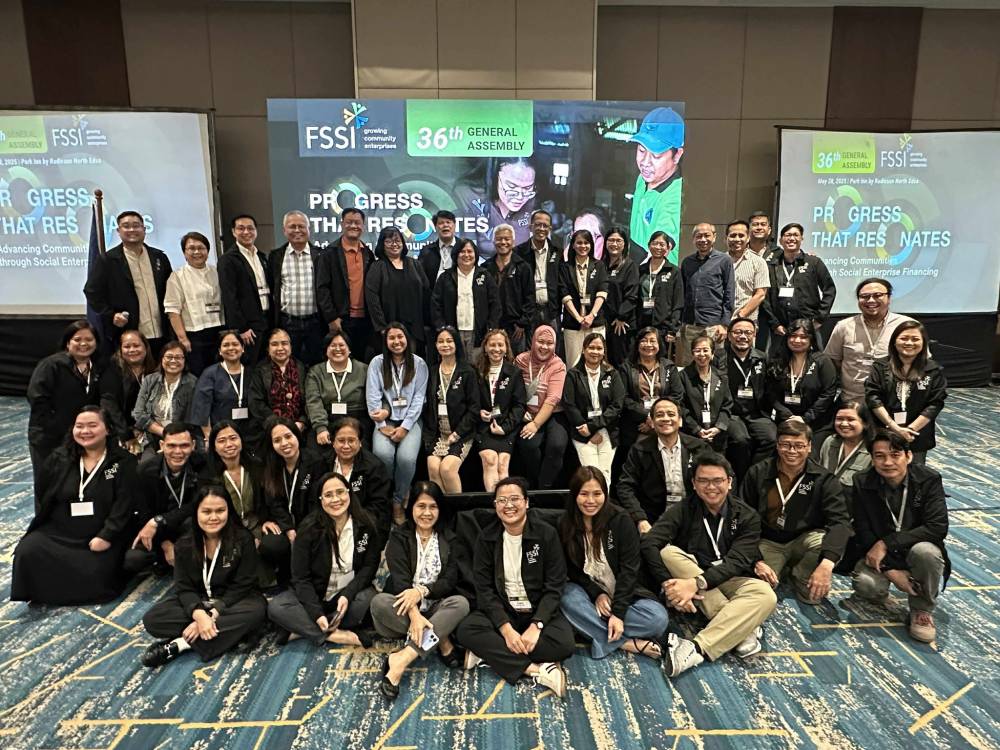
Multiple dimensions
Evaluating a social enterprise goes beyond measuring economic viability. Other dimensions—such as social impact or financial management—are equally important in determining long-term success. Over the past three decades, FSSI has seen that SEs guided by the triple bottom line of people, planet, and profit are able to grow with purpose, manage risks, and deliver meaningful change in their communities.
For us, financial viability, social impact, and environmental stewardship are not separate objectives; they are the very pillars of a resilient enterprise.
Enterprises thrive when they lead with purpose and build systems that reflect their values.
Still, many SEs in rural and climate-vulnerable areas face structural challenges—limited market access, poor infrastructure, and lack of technical support.
What they need are not mere donors, but partners who understand their realities and walk alongside them in building resilience.

Systemic change
Deeper questions must be asked: about labor conditions, environmental practices, and governance systems—since these define the quality and sustainability of impact.
At the same time, we push for systemic change through enabling policies like the Poverty Reduction through Social Entrepreneurship (PRESENT) Bill, the creation of a national SE registry, and capacity-building programs that strengthen enterprises from within.
Social enterprises across the country are helping uplift Filipino communities by strengthening agriculture and agri-processing, improving access to markets, and expanding livelihood opportunities—initiatives that root inclusive growth in sustainable practices.
Triple bottom line
During our 30th anniversary celebration, several of these efforts were recognized through the Triple Bottom Line (3BL) SE Excellence, given to JMJ Solar Panel and Equipment Store, Kilusang Lima (K5) Para sa Lahat Multi-Purpose Cooperative, Kauyagan Savers Multi-Purpose Cooperative (KSMPC), and Mandaue City Public Market Vendors Multi-Purpose Cooperative (MAVENCO).
JMJ has expanded into more markets; Kilusang Lima has strengthened its trade through loans and training; while Kauyagan and Mandaue Vendors MPCs have built food systems that serve their communities—offering affordable rice, child-focused nutrition programs, and Suki card rewards for loyal patrons. Special Awards also honored other social enterprises driving grassroots impact across the country.
As we enter our fourth decade, the call is clear: when social enterprises rise, they uplift communities, protect ecosystems, and secure futures. That is the kind of growth worth investing in.
(The author is Executive Director of the Foundation for a Sustainable Society, Inc., which seeks to nurture empowered communities upholding social justice, respecting integrity of creation, and realizing fullness of life)




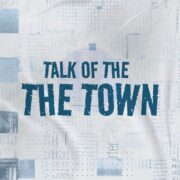
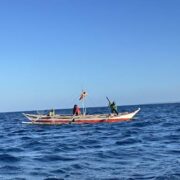




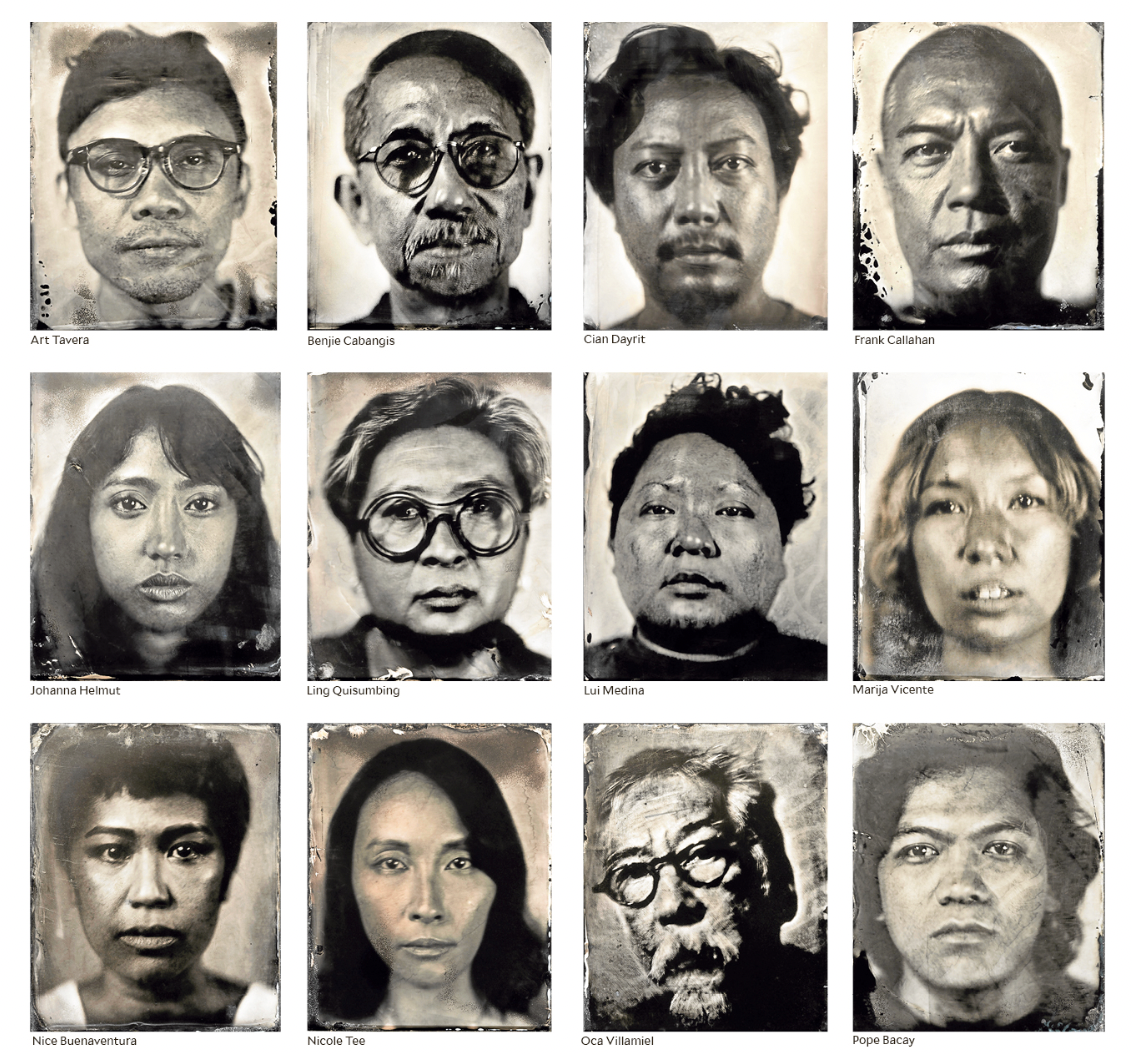

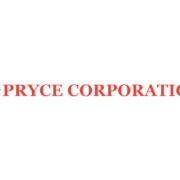

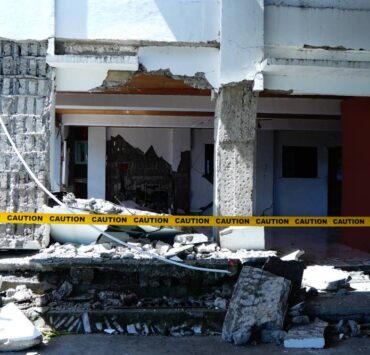






Dedutertefication